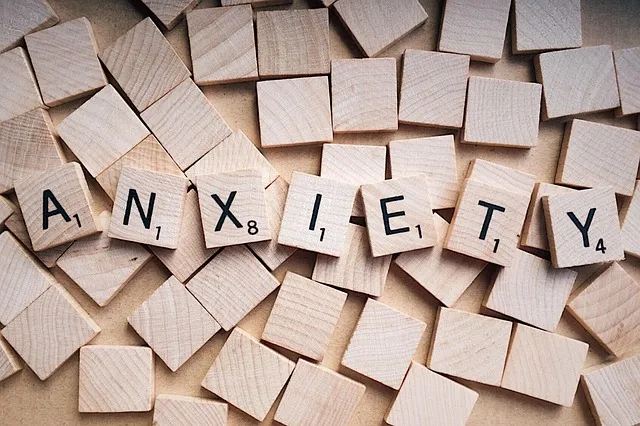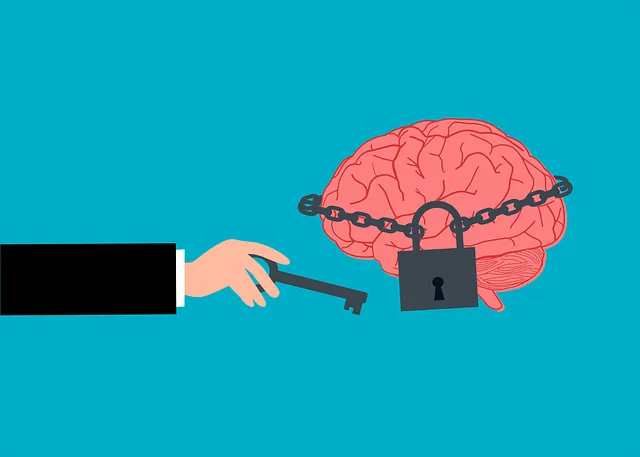The Littleton Kaiser Permanente Mental Health Appointment Center tackles stigma head-on through comprehensive services, educational programs, and cultural competency training. They empower individuals with mental health conditions by providing clinical care, crisis intervention guidance, and resilience-building programs. Their interactive workshops, seminars, and peer support groups educate communities about mental illness, breaking down barriers and fostering empathy. Healthcare providers at the center lead by example, using sensitive language and destigmatizing terms, encouraging help-seeking behaviors and creating safe spaces for open conversations about mental wellness.
Mental illness stigma remains a significant barrier to seeking help, yet initiatives like Littleton Kaiser Permanente’s mental health appointment center offer hope. This article explores strategies to reduce stigma through community engagement and education, focusing on best practices demonstrated by Littleton Kaiser Permanente. We delve into the critical role healthcare providers play in challenging societal perceptions, ultimately aiming to foster a more supportive environment for those facing mental health challenges.
- Understanding Stigma and Its Impact on Mental Health: A Focus on Littleton Kaiser Permanente
- Strategies for Reducing Stigma: Community Engagement and Education
- The Role of Healthcare Providers in Challenging Mental Illness Stigma
Understanding Stigma and Its Impact on Mental Health: A Focus on Littleton Kaiser Permanente

Stigma surrounding mental illness can have severe consequences for individuals seeking support and recovery. It often acts as a barrier, discouraging people from reaching out or pursuing treatment. At Littleton Kaiser Permanente Mental Health Appointment Center, they recognize this challenge and are dedicated to reducing the stigma through various initiatives.
The center offers comprehensive services aimed at empowering individuals with mental health conditions. They provide not only clinical care but also focus on education and awareness. By organizing workshops, seminars, and cultural competency training for healthcare providers, Littleton Kaiser Permanente strives to foster a supportive environment. These sessions educate both staff and patients about the nuances of different cultural perspectives on mental health, ensuring everyone feels understood and respected. Additionally, they offer crisis intervention guidance and resilience-building programs, empowering individuals with coping strategies to navigate life’s challenges.
Strategies for Reducing Stigma: Community Engagement and Education

Stigma reduction efforts play a crucial role in creating a supportive environment for individuals dealing with mental illness. Community engagement and education are powerful strategies to foster understanding and empathy. By bringing mental health discussions into public spaces, such as the Littleton Kaiser Permanente mental health appointment center, communities can break down barriers and normalize conversations around mental wellness. These initiatives often involve workshops, seminars, and peer support groups where people learn about various aspects of mental health, including common conditions like anxiety and depression.
Through interactive sessions, participants gain insights into Emotional Well-being Promotion Techniques and discover ways to offer compassion and support to peers. Additionally, Compassion Cultivation Practices can be introduced, teaching individuals how to manage their own emotional responses while offering kindness and understanding to others. Such educational programs help reduce fear and misconceptions associated with mental illness, ultimately leading to a more inclusive society that prioritizes everyone’s overall well-being.
The Role of Healthcare Providers in Challenging Mental Illness Stigma

Healthcare providers play a pivotal role in challenging the stigma surrounding mental illness. By integrating sensitive language and destigmatizing terms during patient interactions, healthcare professionals like those at the Littleton Kaiser Permanente Mental Health Appointment Center can set an example for the community. They can educate patients on the nature of mental health conditions, emphasizing that they are as valid and treatable as any physical ailment. This approach helps reduce fear and encourages individuals to seek help without the barriers imposed by societal stigma.
Moreover, healthcare providers should be equipped with crisis intervention guidance and tools to offer immediate support and anxiety relief during appointments. By providing a safe space where patients feel heard and understood, these professionals can foster open conversations about mental wellness. This proactive approach not only assists individuals in managing their conditions but also contributes to broader stigma reduction efforts within the community, inspiring others to prioritize their mental health.
Stigma surrounding mental illness is a significant barrier to seeking help, as highlighted by Littleton Kaiser Permanente’s experiences. However, through community engagement and education, alongside proactive roles from healthcare providers, we can challenge these negative perceptions. By implementing these strategies, the mental health appointment center in Littleton aims to create a more supportive environment, encouraging individuals to prioritize their well-being without fear of judgment. This collective effort holds promise for reducing stigma and improving access to care for those facing mental health challenges.



